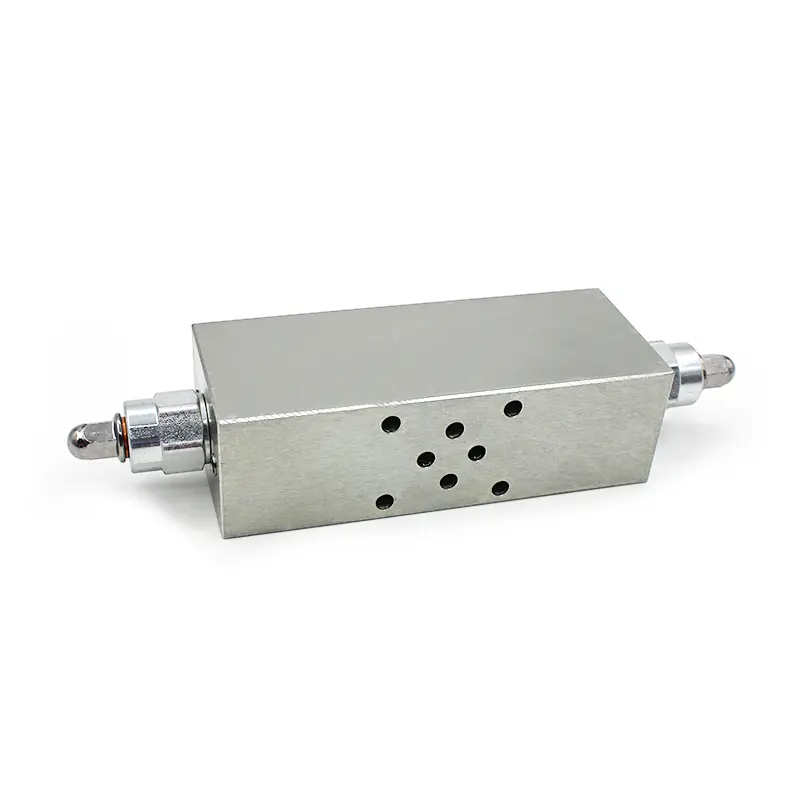
Modular Valves: The Building Blocks of Efficient Hydraulic Systems
2024-05-29In the realm of hydraulic systems, where pressurized fluid powers a diverse range of machinery, modular valves have emerged as versatile and efficient components. These ingenious devices, often referred to as stackable valves, offer a modular approach to hydraulic system design, providing engineers with the flexibility to create customized valve assemblies that precisely meet the specific requirements of each application.
Understanding the Modular Valve Concept
Modular valves, unlike traditional hydraulic valves that are individually mounted and connected with extensive piping, are designed to be stacked or interconnected in a modular fashion. Each valve module serves a specific function, such as controlling flow direction, regulating pressure, or managing flow rates. By combining various valve modules, engineers can construct complex hydraulic circuits that precisely control the movement and force of hydraulic actuators.

Advantages of Modular Valves:
Flexibility: Modular valves offer the flexibility to create customized valve assemblies tailored to specific application needs.
Compactness: Modular valves are designed to be compact, reducing the overall size and weight of hydraulic systems.
Ease of Installation: Modular valves are easy to install and maintain, minimizing downtime and maintenance costs.
Versatility: Modular valves can be used in a wide range of hydraulic applications, from industrial machinery to mobile equipment.
Common Types of Modular Valves
The modular valve family encompasses a diverse range of valve types, each designed to perform a specific function within a hydraulic circuit. Some of the most common modular valves include:
Directional Control Valves: These valves control the direction of fluid flow within a hydraulic circuit, directing the fluid to specific actuators.
Pressure Control Valves: These valves regulate the pressure of the hydraulic fluid, ensuring that it remains within safe and operational limits.
Flow Control Valves: These valves control the flow rate of the hydraulic fluid, regulating the speed and force of actuator movement.
Check Valves: These valves allow fluid flow in one direction only, preventing backflow and maintaining system pressure.
Applications of Modular Valves
Modular valves have found widespread application in various industries, powering a diverse range of machines and equipment. Some common applications include:
Industrial Machinery: Modular valves control the movement of hydraulic presses, machine tools, and other industrial machinery.
Construction Equipment: Modular valves power the hydraulic systems of excavators, bulldozers, and other construction vehicles.
Agricultural Machinery: Modular valves control the operation of tractors, harvesters, and other agricultural equipment.
Mobile Equipment: Modular valves are used in hydraulic systems for forklifts, scissor lifts, and other mobile machinery.
Modular Valves – Revolutionizing Hydraulic System Design
Modular valves have revolutionized hydraulic system design, providing engineers with a flexible, efficient, and cost-effective approach to creating complex hydraulic circuits. Their versatility, ease of use, and ability to meet specific application requirements have made them indispensable components in a wide range of industries. As hydraulic systems continue to evolve, modular valves will undoubtedly remain at the forefront of hydraulic system design, powering the machines that shape our world.




